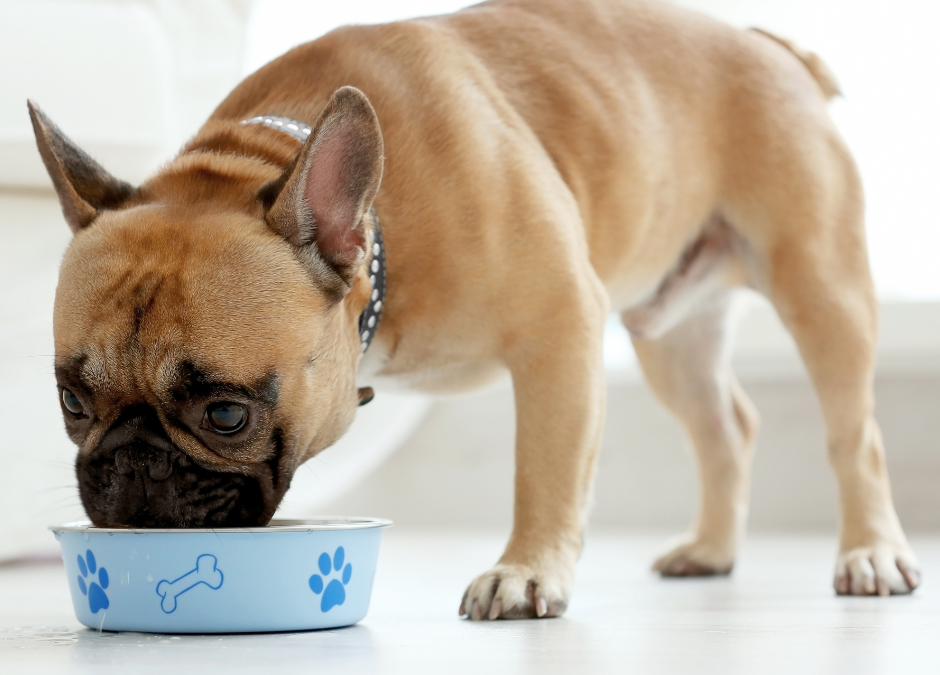Our pets’ digestive systems are like magical factories, turning their favourite treats into energy and nutrients. But sometimes, these factories experience hiccups. To keep the factory running smoothly, we need to provide our pets with a well-balanced diet, monitor their eating habits, and ensure they have access to plentiful, clean water. Pro and pre-biotics can also help promote a healthy gut environment, allowing the good bacteria to thrive and support proper digestion. Remember, a happy gut makes for a happy pet!
Common Gut/Digestive Ailments:
Vomiting: Picture a factory’s conveyor belt suddenly going in reverse. That’s what happens when your pet’s stomch decides it’s not happy with its recent snack, sending it back the way it came. Vomiting is a reflex action that occurs when the stomach muscles contract forcefully to expel its contents. It can be caused by a variety of factors, such as eating something toxic, overeating, or an underlying health issue. Remember, just like you, if your pet is sick a couple of times don’t feel they need to run off to the vet immediately. To help your pet bounce back, keep them off food for 12 hours. Then, offer small, bland meals like boiled chicken and rice, and ensure they have access to clean water. However, definitely consult your veterinarian if the vomiting persists for longer than 12 hours.
Diarrhea: When the factory’s assembly line moves too fast, it doesn’t have time to package everything properly. Diarrhea is like that – your pet’s gut rushes through the process, leaving their poop loose and watery diarrhea occurs when food moves too quickly through the digestive tract, causing incomplete absorption of nutrients and excess water in the stool. It can result from dietary indiscretion, food allergies, or infections, among other causes. To slow down the slide, provide your pet with a bland diet (chicken and rice for the win again) and keep them hydrated, but consult your veterinarian if diarrhea continues or worsens over a 24 hour period.
Constipation: In this case, the factory line is moving too slowly, and the packages get stuck. Poor digestion and dehydration can cause constipation, making it difficult for your pet to poop. Constipation occurs when the stool becomes too dry and hard, making it challenging for your pet to pass it through the colon. Contributing factors can include lack of fibre, insufficient water intake, or a sedentary lifestyle. To help your pet’s conveyor belt run smoothly, increase their fibre intake, ensure they drink enough water, and encourage regular exercise. If constipation persists, consult your veterinarian for further evaluation and treatment.
Tailored to your pet by Aussie Vets!


